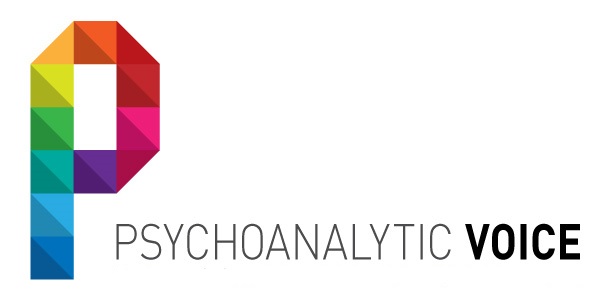About SAPC
SAPC is an umbrella organisation that consists of and represents groups of South African psychotherapists. The clinical work of these therapists is informed by psychoanalytic theory. Psychoanalytic psychotherapists in South Africa are actively involved in professional learning, especially with regards to theoretical information, research and clinical work. These psychotherapists meet regularly in various groups, depending on their particular clinical and theoretical interests. This forms part of Continuing Professional Development (CPD). Connecting with other mental health professionals is important for psychotherapists, partly in order to learn from one another, but also for collegial support and guidance where necessary.
Conscious and unconscious mental processes and the therapeutic relationship are central pillars of the psychoanalytical approach. Patients are helped to understand and resolve their problems by increasing awareness of their inner world, its relation to historical context, and its influence over their lives and past and present relationships. The aims of psychoanalytic psychotherapy are a deep seated change in personality and emotional development.
Below is SAPC’s response to the 6th July 2013 Sunday Times article, ”SA’s Sick State of Mental Health”. The article reported an increase in mental illness, especially depression, coupled with the poor state of mental health services in SA for mentally ill adults, as well as those most vulnerable, children, the elderly, and postnatal mothers.
The South African Psychoanalytic Confederation (SAPC), comprised of over 600 mental health practitioners, is deeply committed to the mental health of all South Africans. We recognize and are deeply concerned about the mental health of our nation and know that the aftermath of our traumatic history that has left a nation in need of healing. The statistics reported in the Sunday Times indicate a country that is emotionally damaged. Our inability to care for the most vulnerable in our society and the fact that not a day goes by without the reporting of yet another gruesome murder of a child or abuse of a child by people meant to care for and protect the child, is a barometer of our mental health.
So many children in SA live in traumatized, impoverished communities. There are over 3 million orphans, most having lost their parents to Aids. These children live in foster care, children homes and more worrying in child headed homes. They have undergone severe losses, and they need professional help to assist them with their painful loss of their parents, their adjustments and development.
Children are the future of our country, hopefully becoming responsible adults, who can work and create their own families. However, without basic parental care, or at the least, proper mental health services, children could grow up and become depressed, drug addicts, non-functioning adults, or more problematic, so filled with rage , that they become violent, a danger to themselves, and a danger and an expense to society.
Many of the SAPC members are involved in a myriad of community projects aligned with the proposed NHI strategy. Our projects range from work with infants, mothers, families young children, the youth and ageing and range from a prevention of later mental health problems to the provision of services for those who are in need. Projects within the SAPC include Ububele Educational Trust, Lefika la Posido Art Therapy Centre, Youth Empowerment, Babies in Mind, Johannesburg Parent and Child Counselling Centre, and many, many others. Our aim is to work with government and align our strategies, the synergy of us all working together is the only way to address the enormous burden of mental health. All our projects are at risk due to lack of funding and support. Many of our members in private practice donate and commit significant time to support these projects and the communities they serve. The SAPC recognizes the desperate shortage of skilled mental health practitioners necessary to meet the mental health burden in South Africa and as such most of the projects are also deeply committed to training community health workers who are equipped to provide services for the communities in need.






Recent Comments